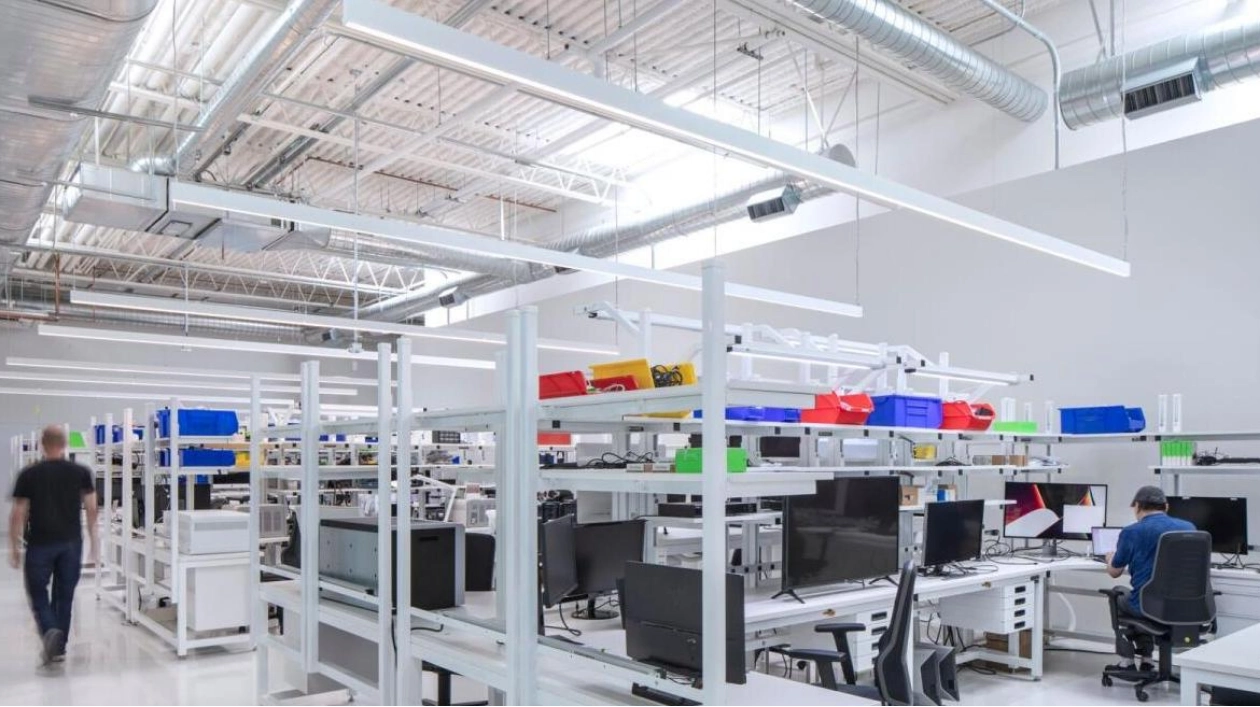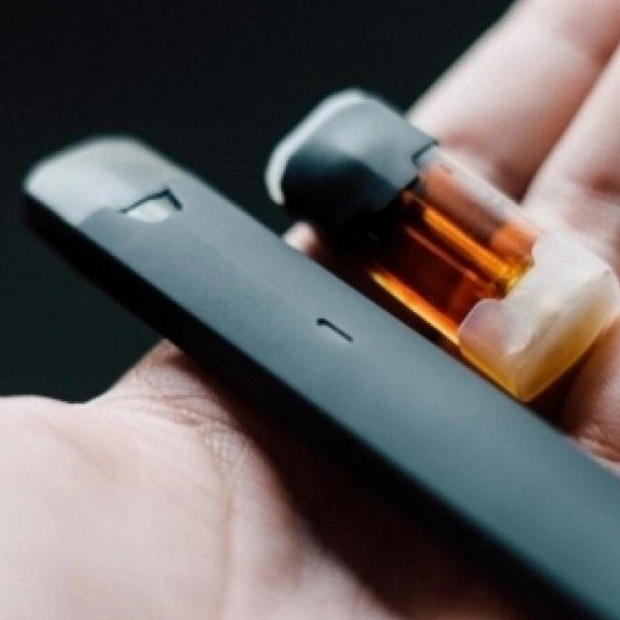Belkin, a renowned consumer electronics brand with a history of four decades, has pledged to achieve carbon neutrality by 2030. This commitment includes their global operations, supply chain, and product lifecycle. "The environmental policy in the UAE aligns well with Belkin's environmental objectives, particularly in supporting the Sustainable Development Goals (SDG) 2030 and the UAE's Green Agenda 2030," stated Ernie Roberts, Head of Global Sustainability at Belkin International, in an interview.
In 2020, Belkin set five-year goals aligned with the UN's 17 Sustainable Development Goals to foster a better and more sustainable future. This initiative aids in achieving climate action (UN Goal 13) and responsible consumption and production (UN Goal 12) by decreasing scope 3 emissions at the product level, integrating validated recycled materials, and eliminating single-use plastics in packaging. In early 2023, Belkin announced its new product packaging would be 100% free of single-use plastics where feasible, accelerating their reduction efforts to a 63% global reduction in plastic packaging since 2019, surpassing their initial five-year goal of a 25% reduction.
Belkin consistently monitors the environmental conservation efforts of its stakeholders in each region to ensure alignment with local initiatives. Consequently, when Dubai issued Executive Council Resolution No (124) of 2023 banning single-use plastic bags and other packaging items, Belkin was already prepared to phase out plastic to reduce landfill waste and promote recycling and circularity. Their packaging design and engineering teams developed a plastic-free packaging solution that met all requirements while maintaining the quality and user experience expected by consumers.
To eliminate plastic from packaging, Belkin had to redesign its internal structure to suit their channel partners and products. The packaging underwent extensive testing in their in-house labs, including printing and construction on-site, followed by a full suite of reliability, environmental, and transportation testing. It was crucial that the product packaging could withstand damage, as damaged products are often removed from retailer shelves, adding more waste to the system. Printing is done with soy-based ink to reduce contaminants and enhance recyclability.
Belkin investigated various types of plastics and their recycling streams, ultimately deciding to eliminate plastic packaging wherever possible. Using paper packaging significantly reduced environmental impact, according to their Life Cycle Assessment. Paper packaging is globally recyclable and produces a high yield of paper pulp when recycled, making it a preferred material for recyclers and eliminating the need for landfill. Belkin's ScreenForceTM range, for instance, transitioned to Post Consumer Recycled (PCR) plastic for their screen protectors while researching a more sustainable solution. The PCR plastic is derived from water bottles, the most common type of plastic that can be recycled again.
All Belkin's products and packaging solutions are designed to comply with UAE regulations. They respect the Executive Council of Dubai and their environmental protection efforts. One notable solution is their Stage Auto-Tracking Stand Pro, which includes a battery and has strict global packaging handling and performance requirements. The team developed a plastic-free packaging solution that met all these requirements and UAE packaging regulations aimed at environmental protection.
Belkin has studied various countries' efforts to manage and eliminate single-use materials, including plastic packaging. Since 2009, they have funded the recycling of 10,734 metric tons of packaging globally. Belkin's overall plastic packaging decreased by 63% since 2019, and in 2023, all new product initiatives used 100% single-use, plastic-free packaging. The UAE leads in these initiatives, and Belkin is committed to continuous improvement, persisting in research and development to explore sustainable solutions.
Belkin has several research and development projects aimed at reducing their material footprint. They have conducted Life Cycle Analysis on some solutions, finding that transitioning from plastic to plastic-free packaging saves on greenhouse gas emissions. This not only reduces landfill waste but also decreases the product and packaging CO2 footprint. They discussed this in their 2023 Impact Report and are excited to be more transparent with customers to help them make informed decisions and advance the industry in a more environmentally responsible way.






